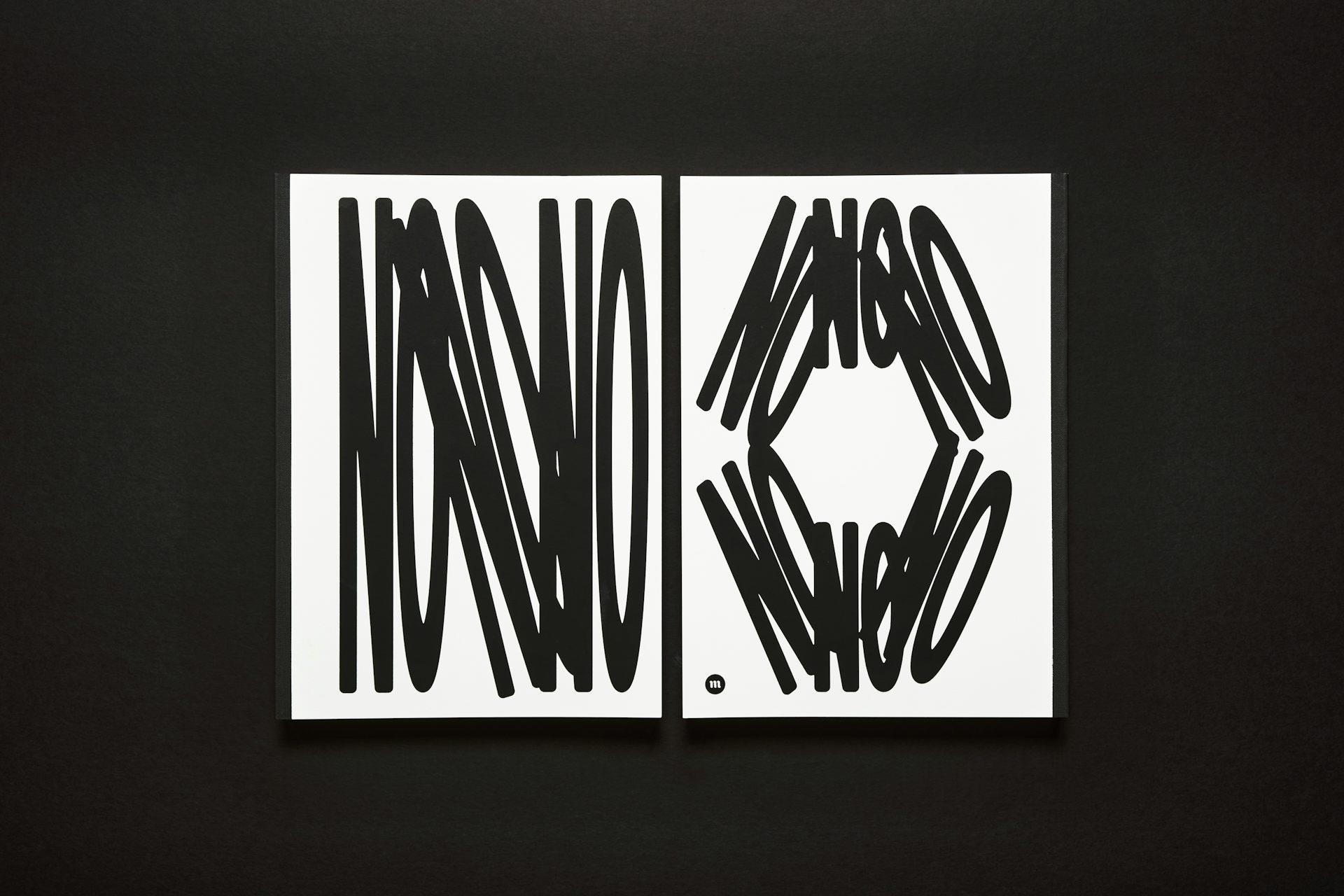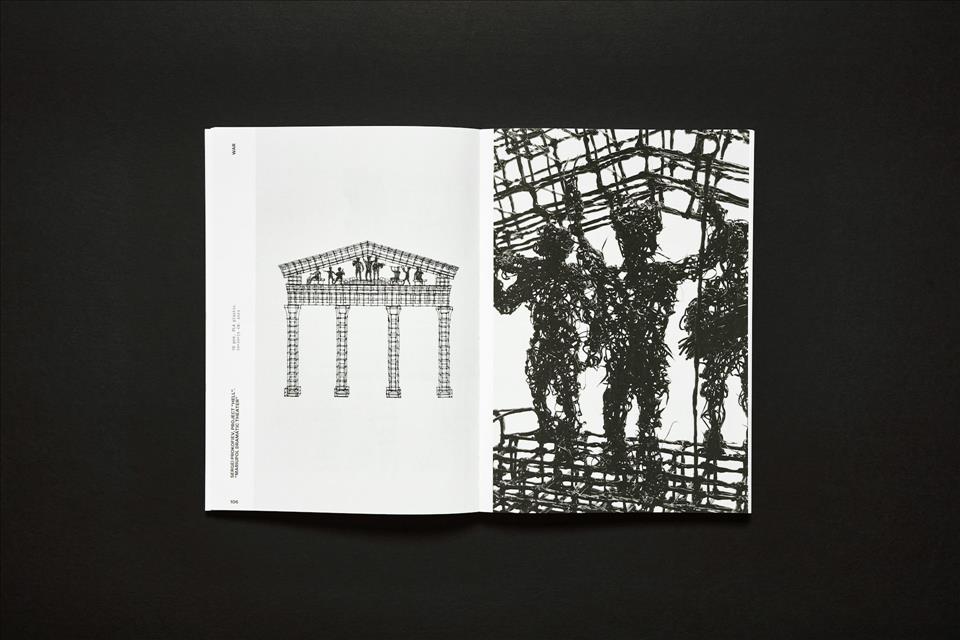Meduza: Berlin Exhibition Highlights The Publication Speaking Truth To Putin While In Exile
Its main focus was the respected media organisation Meduza , established in Latvia in 2014 by journalists fleeing the increasingly restrictive policies of oligarch media moguls and the Russian security services after the annexation of Crimea.
Meduza's coverage has remained a trusted source for those in the west and in Russia (where it has yet to be blocked) wanting closely to follow events under the Putin regime. The significance of Meduza's work, which is published in Russian and English, has only been heightened by Russia's full-scale invasion of Ukraine in February 2022.
NO , held in Berlin's Kunstraum Kreuzberg/Bethanien cultural centre, was a multidisciplinary exhibition that wove together contemporary art and documentary testimonies. The first section of the exhibition featured the works of 13 artists from Russia and elsewhere reflecting upon key themes inspired by Meduza's work: dictatorship, censorship, exile, war, resistance, fear, loneliness, polarisation, and hope.
The second featured a specially commissioned documentary by Russian playwright and exile Mikhail Durnenkov. The video project reflects on the last ten years of Meduza and uses the testimonies of its journalists and collaborators.
As soon as the invasion of Ukraine began, the Russian authorities announced that publishing any account of the events which did not correspond to official versions could incur up to 15 years in prison . The journalists of Meduza, naturally, have not respected these constraints. As the film critic Anton Dolin puts it in the documentary:“I'm a product of the 1990s [after the collapse of the USSR], I'm used to feeling like an adult, a person who chooses his own trajectory.”

The NO exhibition looked back at 10 years of Meduza and its continuing battle to speak truth to power. Meduza
Telling the truth, and thereby inevitably expressing solidarity with Ukraine as the victim of Russian aggression, led to Meduza being proclaimed an “undesirable organisation” in 2023. This now means that criminal charges may be brought against anybody who so much as mentions Meduza's existence on their social media. Those anonymous contributors who are still working within Russia are therefore taking extraordinary risks.
The Russian authorities have started to restrict access to VPNs (virtual private networks, used for confidential access to websites), banned the Meduza app and, as the testimonies in the documentary attest, have also deployed spyware to harass individuals and mounted relentless cyber-attacks to try and close the Meduza site down.
Even abroad, Meduza's journalists take care not to reveal their office's address, not to bring visitors there or even have food delivered. All this only serves, of course, to underline the significance of Meduza's work, and the extent of the threat the Russian government perceives from its fearless reporting.
Life in exileMost of the journalists interviewed for the exhibition now find themselves involuntarily in exile. While over 6 million Ukrainians have fled to Europe as refugees because of the war, around 650,000 Russians have also left Russia during the same period.
Once in Europe, they are left wondering just what their status is abroad: are they themselves refugees? Political émigrés? Have they become effectively the opposition to Putin in exile? Will they ever return to their native country, for which some have a love-hate relationship?
Life in exile is a contradictory existence. There are benefits of a material kind, and journalists are for the most part physically safe. And yet, as the exhibition shows, they feel profoundly rootless, cut off from their normal lives and environments, welcome neither at home nor entirely in their new countries. They maintain a bridge to their home country, yet it is a bridge they cannot imagine themselves crossing in the foreseeable future. Many of the journalists are still young, many of them women.
Galina Timchenko, co-founder and publisher of Meduza, reflects on the paternalism of dictatorship, which guarantees security and stability for the national“family” at the expense of individual freedom. And the war correspondent and writer Elena Kostyuchenko adds:“War is a concentration of patriarchal culture, its manifestation.”
One anonymous contributor from within Russia comments:
One Meduza editor reported utter dismay upon discovering that even their own family members believed the attack on Ukraine to be justified. And yet the journalists persevere.
There is little optimism in this exhibition. Most contributors acknowledge that they have little chance of overcoming the Leviathan that is Putin's police state. The violent deaths of several journalists within Russia, the murder of politician Boris Nemtsov in Moscow in 2015, and the suspicious death of the politician and vocal critic of Putin Aleksey Navalny in prison in 2024 were shattering blows to liberal hopes for a more democratic future.
NO exhibition catalogue: Table of Contents. Meduza
The Meduza journalists live with fear and guilt about what might happen to them physically, or to their loved ones back home. As Meduza's co-founder Ilya Krasilshchik puts it:
These émigrés fall back on a personal code of ethics, a belief in the transformative power of non-violent acts of resistance, solidarity with fellow dissidents and a genuine sense of community. Saying“no” powerfully outweighs the dangers of saying nothing at all.
Looking for something good? Cut through the noise with a carefully curated selection of the latest releases, live events and exhibitions, straight to your inbox every fortnight, on Fridays. Sign up here .

Legal Disclaimer:
MENAFN provides the
information “as is” without warranty of any kind. We do not accept
any responsibility or liability for the accuracy, content, images,
videos, licenses, completeness, legality, or reliability of the information
contained in this article. If you have any complaints or copyright
issues related to this article, kindly contact the provider above.
Most popular stories
Market Research

- BTCC Summer Festival 2025 Unites Japan's Web3 Community
- Ethereum Based Meme Coin Pepeto Presale Past $6.6 Million As Exchange Demo Launches
- Ecosync & Carboncore Launch Full Stages Refi Infrastructure Linking Carbon Credits With Web3
- Invromining Expands Multi-Asset Mining Platform, Launches New AI-Driven Infrastructure
- BTCC Announces Participation In Token2049 Singapore 2025, Showcasing NBA Collaboration With Jaren Jackson Jr.
- Innovation-Driven The5ers Selects Ctrader As Premier Platform For Advanced Traders






















Comments
No comment